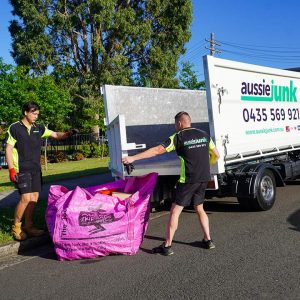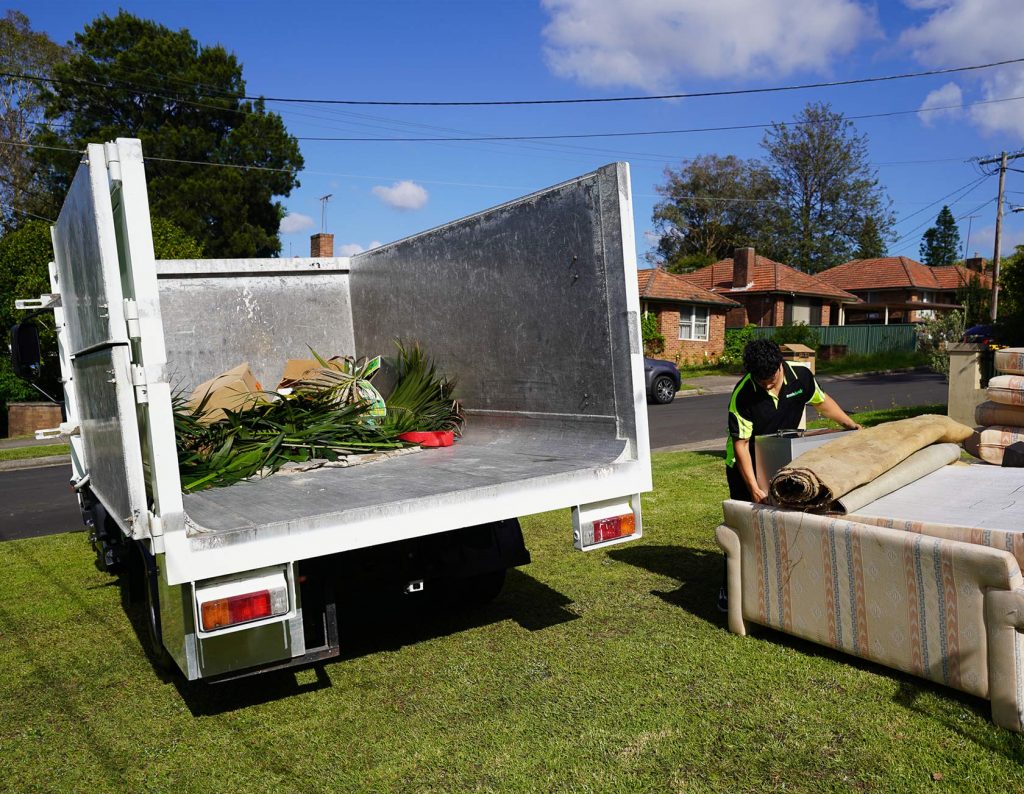An eternal struggle that persists as the planet ages is the issue of waste. The current national waste preparation and reforms every year, this is making the Australian government feel restless.
Councils across Australia have seen a massive rise in residential rubbish levels. Every year, Australians are known to generate 540 kg of household waste per person. As a result, an estimated 67 million tonnes of waste is produced by the country, but only 37% of this is recycled. These numbers are increasing, though, and are incredibly threatening to the living things affected.
Moreover, there is only a slight percentage reduction in pollution from the collective contribution of the people as waste production equals the reduction. With that, the government has established a National Waste Policy Action Plan that represents new approaches to waste as a resource to encourage efficient and recurrent use of our resources by applying the concepts of a circular economy to waste management.
Principles of National Waste Policy
Generating waste made a large impact on the environment. This leads officials to take action in working to reduce waste where possible, making positive use of waste as resources to increase a decline in waste production. As a guide to the yearly goals of the National Waste Policy, here are the following principles to better implement its actions:
- Stop waste production and enhance resource recovery
- Increase the use of recycled material and establish demand and markets for recycled products
- Better manage material flows to benefit human health, the environment and the economy
- Supporting innovation, guide investment and enable informed consumer decisions.
National Waste Policy
Australia’s Action Plan lays out the targets and actions to implement in a yearly National Waste Policy. This action guides investment and national efforts to go beyond in 2030. The policy aims to overcome the challenges of waste and Australia’s circular waste economy. This is to make the enterprises and households understand the full potential of recyclable goods and strive more for sustainable usage of energy.
Targets of National Waste Policy of Australia Action Plan
The full implementation of the policy through annual action plans, it ensures that the waste industry, companies, policymakers and the environment could benefit. This way, it will accelerate progress and make Australia more responsible for its own waste. Along with other relevant activities related to research and strategic policymaking, the following areas of action would be crucial to the achievement of the national waste policy.
Target 1: Enactment of the ban on the export of waste plastic, paper, glass and tyres
The latest figures indicate that only 12% of plastic waste produced annually in Australia is recycled. The need to be accountable for the management of Australian waste is one of the aims of the National Waste Policy. This helps promote the long-term sustainability of our recycling sector upon setting a timeline to ban the export of waste plastic, paper, glass and tyres.
With the people’s continuous usage of plastic, the need to develop the ability of the nation to process recyclable materials into usable products will improve the plastic recycling industry. This target will also produce more than three times as many jobs as our plastic waste is not exported.
Target 2: Total Reduction of Waste in Australia by 10% Per Person By 2030
By 2030, reducing the waste we produce by a further 10% would mean a decrease of around 300 kilograms per person. Our recycling systems will fail to deal with increased pollution and harmful effects on the environment if we don’t use our resources more effectively and the amount we throw away.
To achieve this target, quick changes are made, and the authorities work more on hard wastes that are difficult to recycle. The action includes waste avoidance action, better design, using awareness programs and education and behaviour change in every Australian to drive new approaches to reduce waste.
Target 3: Resource Recovery Rate of 80 % in 2030 from Waste Sources Through Waste Hierarchy Implementation
Processing of resources involves the use of discarded products, including the collection and recovery of waste from electricity or other services. If we increase the resource recovery rate of Australia to 80 %, each year an additional 15 million tonnes will be recovered, which subtracts to 28 million tonnes of materials we dispose of in landfills yearly.
Governments’ commitments across Australia are rising the pace of resource recovery. Yet, there are still more things to do and prioritise. In this target, product stewardship will be utilised to ensure that producers are responsible for the whole product lifecycle. Also, implementing traditional national policy and regulatory methods like proper waste disposal and kerbside services, expanding access to regional Australian markets and increasing the capability of the sector will all lead to achieving this aim.
Target 4: Significantly increase the use of recycled content by governments and industry
Checking and enhancing the quality of our recyclable materials is important. This is equally vital in finding ways to use waste productively. If people don’t raise the demand for recyclables, the industry is not sustainable. That is why there is a need to close the loop on recycling. Without the need for recycled products, they end up in a landfill. With sustainable procurement by governments, businesses and individuals, the recycling sector will not thrive.
Target 5: Phase out problematic and unnecessary plastics by 2025
The necessity to minimise waste overall is important. But with plastics and packaging, deserves special consideration. One of the most insidious types of waste is plastic waste, and about 80 % of it is in the ocean. With this, the approach to chemicals and toxic wastes during their lifecycle is intrinsic, to reduce the plastic products that may damage humans and the environment.
Target 6: Halve the amount of organic waste sent to landfill for disposal by 2030
One of the types of waste sent to landfills is organic waste which produces greenhouse gas emissions. With the use of compost to enhance and fertile soil, organic wastes are somehow beneficial for the plants. In order to minimise organic waste, strategic action will be implemented to enhance how we collect and handle organic waste in all levels of government, industries and communities.
Target 7: Make comprehensive, economy-wide and timely data publicly available to support better consumer, investment and policy decisions
For successful decision making by governments, companies and consumers, we need the best available information. The production of recycling information has been enhanced in Australia with more up-to-date and accurate information shared by governments and industry. By putting together current statistics, comprehensive analyses, reducing the length of time before data is released, data collection and the action monitoring including disposal and recycling rates, it would allow companies and policymakers to control resources properly.
Conclusion
The waste problem worsens every year. But with the implementation of the National Waste Policy in Australia, it’s helping us to regulate and turn waste into useful things. The recovery rate for recycling is always aimed since it’s not just helping the environment cope up, but also Australia’s economy.
At Aussie Junk Rubbish Removal, our teams are updated on the latest action plan of Australia. We have been helping the government with its reduction in waste movement by servicing Sydney with responsible disposal and collection of rubbish.
There’s no greater feeling than finishing up a junk removal job and seeing the loyal customer’s faces happy and satisfied. With affordable prices and quality rubbish removal services, your problem with dumping your rubbish will be quick and hassle-free.
Call us now at 0435 569 921 or book with us online here.

